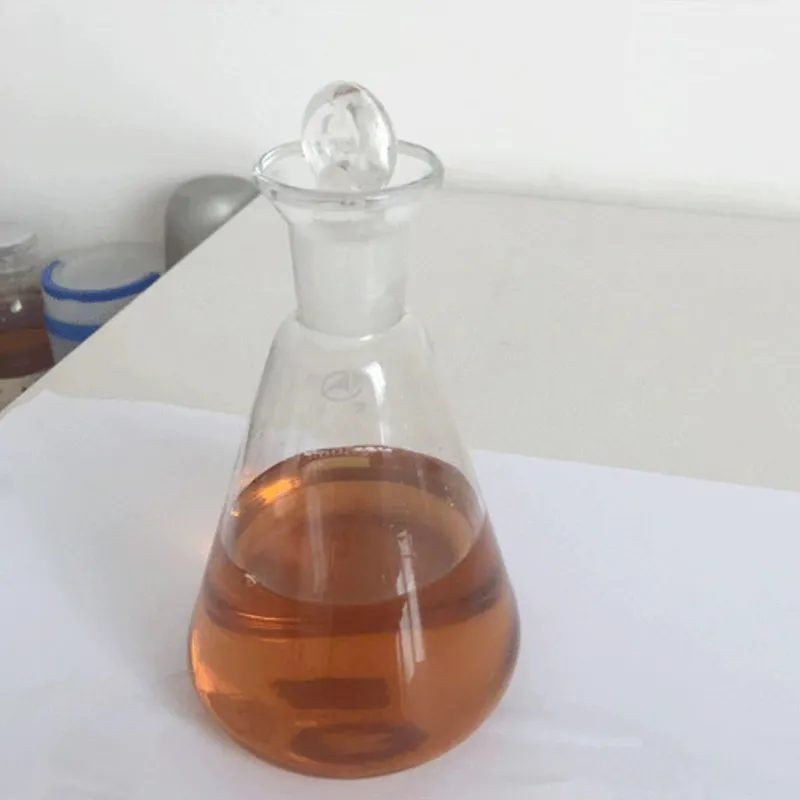
Natural Liquid Fertilizer for Sustainable Farming and Gardening Solutions
The Benefits and Uses of Organic Liquid Fertilizer
Organic liquid fertilizers have gained increasing popularity among gardeners and farmers alike, thanks to their numerous advantages for plant growth and soil health. As the world moves towards more sustainable agricultural practices, understanding the benefits and applications of organic liquid fertilizers becomes essential for anyone looking to enhance their gardening or farming experience.
What is Organic Liquid Fertilizer?
Organic liquid fertilizer is a nutrient-rich solution derived from natural sources and materials such as plant extracts, animal manures, or compost. Unlike synthetic fertilizers, which are chemically manufactured, organic fertilizers utilize the intrinsic qualities of organic matter to provide essential nutrients to plants. Common ingredients of organic liquid fertilizers include seaweed, fish emulsion, manure tea, and plant-based compost solutions. These components supply nitrogen, phosphorus, potassium, and other micronutrients necessary for plant growth.
Benefits of Organic Liquid Fertilizer
1. Nutrient Availability One of the most significant advantages of organic liquid fertilizers is their quick nutrient availability. Unlike granular fertilizers, which may take time to break down in the soil, liquid formulations are readily absorbed by plant roots. This swift nutrient uptake can lead to rapid growth and improved health in plants.
2. Soil Health Organic liquid fertilizers contribute to the overall health of the soil by promoting beneficial microbial activity. The organic matter in these fertilizers fosters a thriving ecosystem of microorganisms that help break down organic material, enhance nutrient cycling, and improve soil structure. Healthy soil is vital for sustainable agriculture and gardening, as it retains moisture and resists erosion.
3. Eco-friendly Using organic inputs aligns with environmental conservation efforts. Organic liquid fertilizers reduce the risk of chemical runoff that can pollute waterways and harm aquatic life. By choosing organic alternatives, gardeners and farmers can minimize their ecological footprint while still achieving healthy plant growth.
4. Versatility and Ease of Use Organic liquid fertilizers are easy to use and versatile. They can be applied through various methods, including foliar spraying, soil drenching, or incorporation into irrigation systems. This flexibility allows users to target specific plants or soil needs effectively, ensuring they receive the right nutrients at the right time.
organic liquid fertilizer

5. Improved Plant Health Plants nourished with organic liquid fertilizers tend to exhibit improved resilience against pests and diseases. The presence of natural compounds in organic fertilizers can enhance the plant's immune system, making them less susceptible to stressors such as drought or pathogen invasion.
6. Sustainable Practices Utilizing organic liquid fertilizers supports sustainable agricultural practices. These fertilizers can often be produced on-site or sourced from local materials, reducing reliance on imported synthetic products. This shift promotes a circular economy where waste materials, such as kitchen scraps or livestock manure, are transformed into valuable resources for plant nourishment.
How to Use Organic Liquid Fertilizer
To maximize the benefits of organic liquid fertilizers, it is essential to follow some basic guidelines
1. Dilution Many organic liquid fertilizers are concentrated and should be diluted with water before application. Follow the instructions on the label to determine the appropriate dilution rate for your specific product.
2. Frequency of Application Liquid fertilizers can be applied more frequently than granular types. Depending on the nutrient requirements of your plants, monthly or bi-weekly applications may be appropriate during the growing season.
3. Timing Apply organic liquid fertilizers during the early morning or late afternoon to avoid evaporation during the heat of the day. This timing ensures that plants can effectively absorb nutrients without losing them to the environment.
4. Monitoring Plant Response Pay attention to how your plants respond to the application of organic liquid fertilizers. Observing changes in growth and overall health can guide your future fertilization strategies.
In conclusion, organic liquid fertilizers offer an array of benefits that cater to the needs of both plants and soil. By adopting these natural, sustainable inputs, gardeners and farmers can foster healthier ecosystems while reaping the rewards of vibrant, productive plants. Whether for home gardens or larger agricultural endeavors, organic liquid fertilizers represent a commitment to both plant vitality and environmental stewardship.
-
Pure Sodium Dichloroisocyanurate Dihydrate | Powerful DisinfectantNewsAug.29,2025
-
Industrial Chemicals: Quality & Purity for Every IndustryNewsAug.28,2025
-
Nitrile Rubber Honoring Strict Production StandardsNewsAug.22,2025
-
Aspartame Ingredients Honoring Food Safety ValuesNewsAug.22,2025
-
Fertilizer for Balanced Plant NutritionNewsAug.22,2025
-
Cyanide Gold Processing with High Purity AdditivesNewsAug.22,2025
-
Formic Acid in Textile Dyeing ApplicationsNewsAug.22,2025
Hebei Tenger Chemical Technology Co., Ltd. focuses on the chemical industry and is committed to the export service of chemical raw materials.
-

view more DiethanolisopropanolamineIn the ever-growing field of chemical solutions, diethanolisopropanolamine (DEIPA) stands out as a versatile and important compound. Due to its unique chemical structure and properties, DEIPA is of interest to various industries including construction, personal care, and agriculture. -

view more TriisopropanolamineTriisopropanolamine (TIPA) alkanol amine substance, is a kind of alcohol amine compound with amino and alcohol hydroxyl, and because of its molecules contains both amino and hydroxyl. -

view more Tetramethyl Thiuram DisulfideTetramethyl thiuram disulfide, also known as TMTD, is a white to light-yellow powder with a distinct sulfur-like odor. It is soluble in organic solvents such as benzene, acetone, and ethyl acetate, making it highly versatile for use in different formulations. TMTD is known for its excellent vulcanization acceleration properties, which makes it a key ingredient in the production of rubber products. Additionally, it acts as an effective fungicide and bactericide, making it valuable in agricultural applications. Its high purity and stability ensure consistent performance, making it a preferred choice for manufacturers across various industries.





